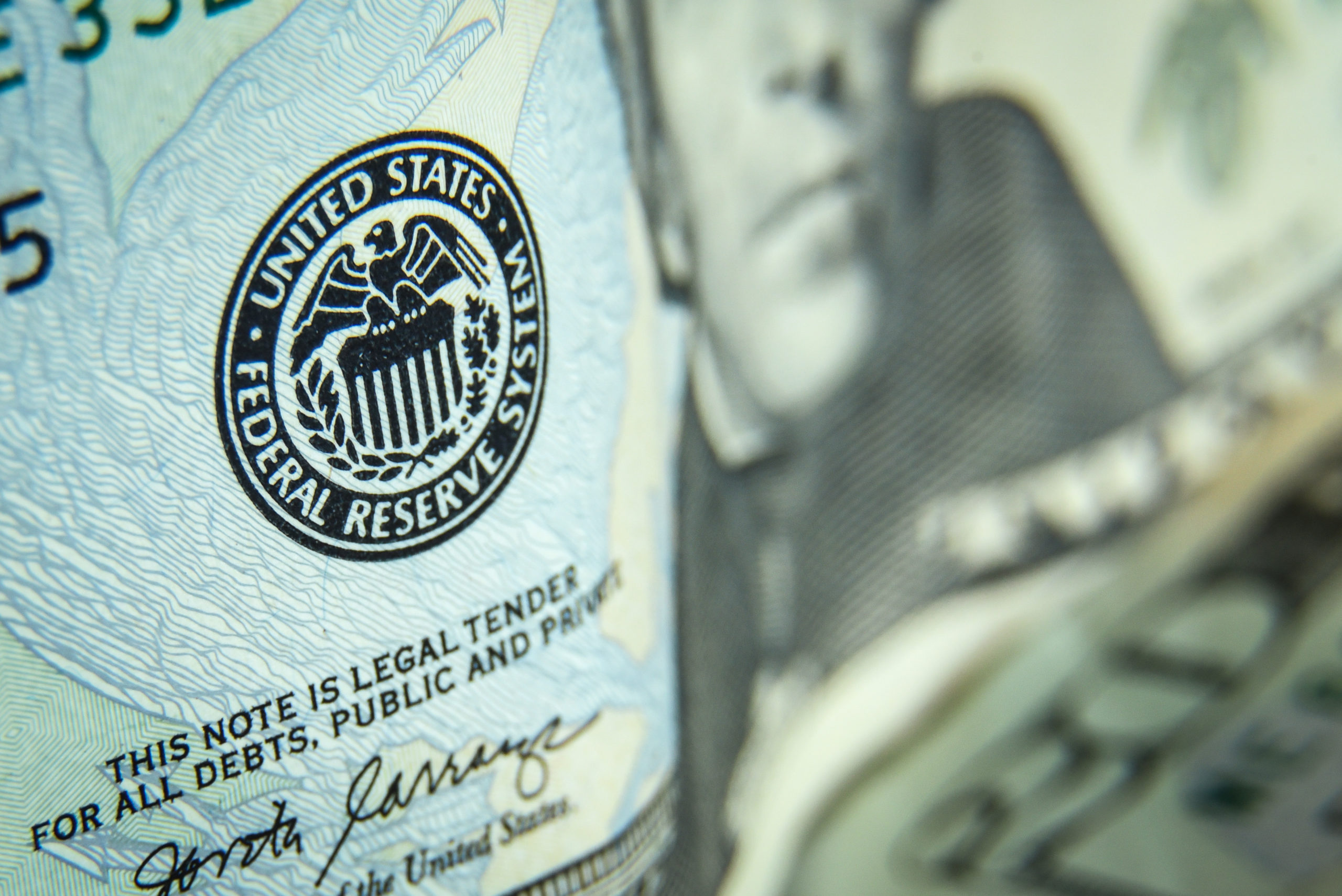Dollar sell-off continues amid rising recovery hopes
( 2 min read )
- Go back to blog home
- Latest
Risk assets worldwide rose last week, buoyed by increased optimism regarding the economic recovery from the pandemic shutdown.

This week, the US nonfarm payrolls report for April, out on Friday, should continue to paint a dismal picture of the state of the US job market. The contrast with the Eurozone, where job destruction has been far less and whose PMIs of business activity continue to point to an economic bottom, may provide fuel for a further euro rally. The ECB meeting on Thursday is also key to euro performance this week.
GBP
We look to the PMI revisions this week for further evidence that the UK economy continues to recover from the lockdown. With restrictions continuing to be relaxed we are optimistic that the worst of the economic damage is over and that UK data should begin to show signs of improvement.
The Brexit negotiations are now starting to come into focus. We continue to expect the UK to request and receive a one-year postponement in June, as the Johnson government needs to focus on the recovery from the pandemic. Once fears on a lack of agreement are assuaged, sterling should rally back to levels that are closer in line with fundamentals, in our view.
EUR
The European Commission last week agreed on a large package of grants and loans to support economic recovery for a total of 750 billion euros. This is in addition to all the measures announced so far.
We expect the ECB to add to this wave of support by expanding its Pandemic Emergency Purchase Programme (PEPP) for the purchase of sovereign bonds from 750 billion to 1.25 trillion, which would ensure that the bonds issued by the EC package described above can be placed more easily in markets. All in all, we expect the euro rally to continue over the short term.
USD
US personal income went up 10.5% in April, the largest monthly increase in history. This was driven by the aggressive stimulus measures, including unemployment supplements and cash benefits. However, lockdown measures meant that this money couldn’t be spent, and personal spending experienced a double digit drop. This forced saving may actually be a positive factor, in that they indicate a pool of pent up demand for when the lockdown measures are withdrawn.
While the April jobs report is expected to be dismal on Friday, the more timely weekly measures are looking better. Continuing claims for unemployment, in particular, posted a large unexpected drop last week, down 3.8 million. The key for the dollar in the coming weeks will be whether the recent drop is due entirely to rising risk appetite or whether investors are beginning to fret over the massive expansion of the monetary base in the US in response to the crisis.

